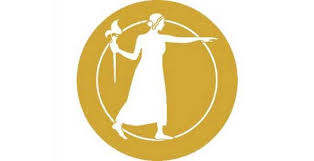
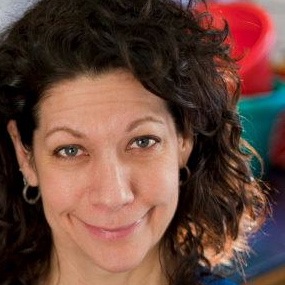
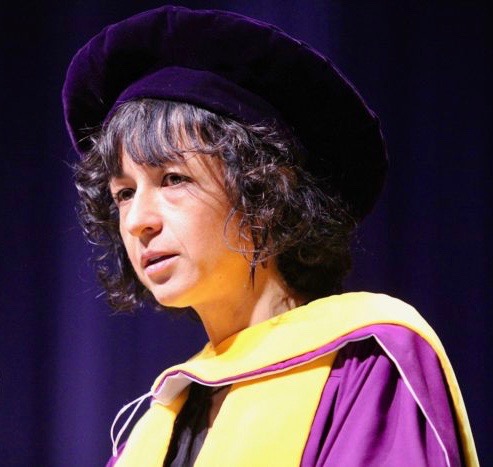
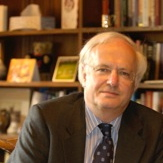
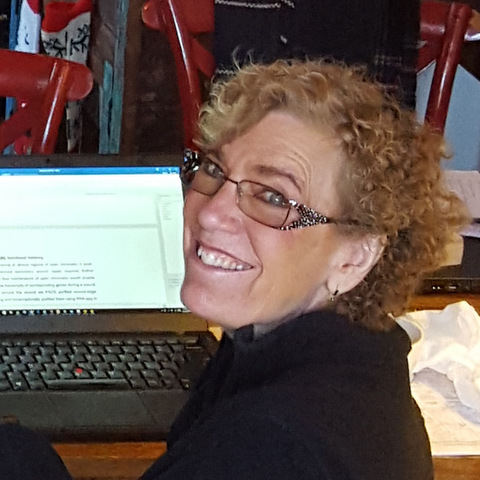
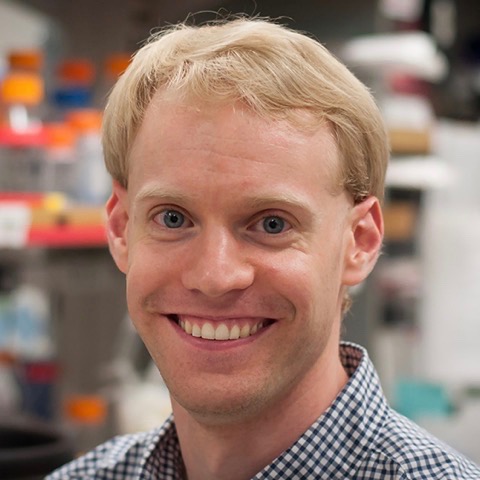
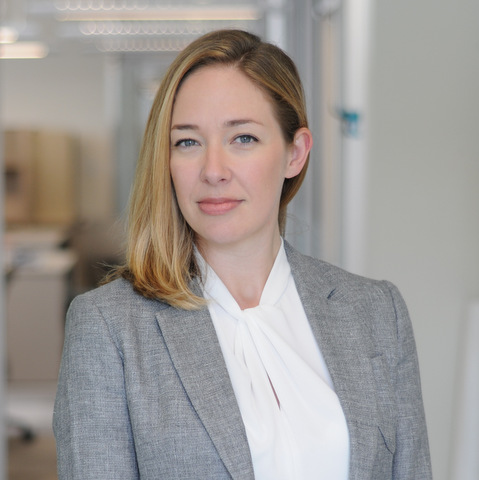
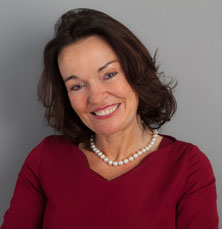
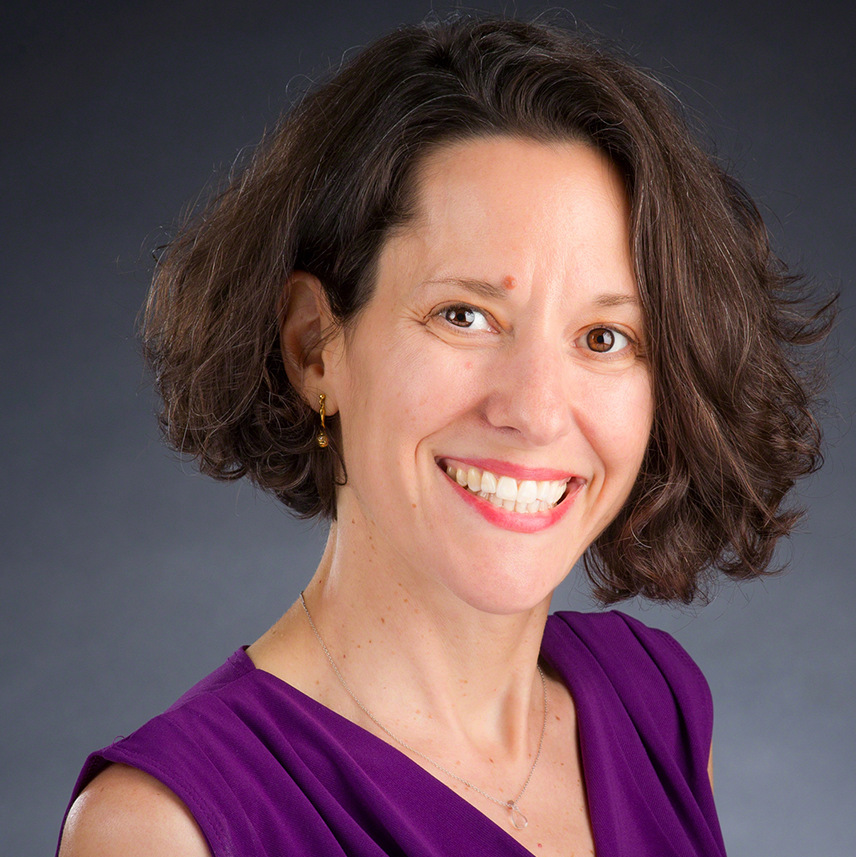
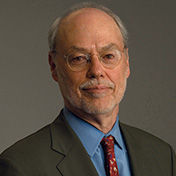
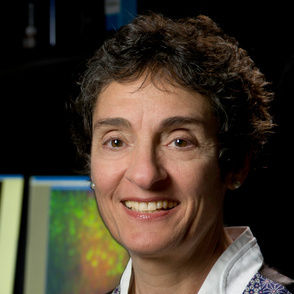
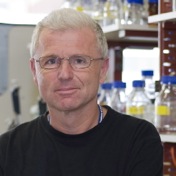
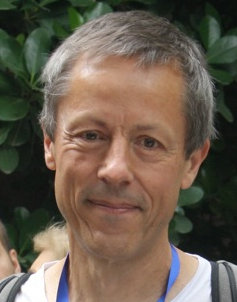
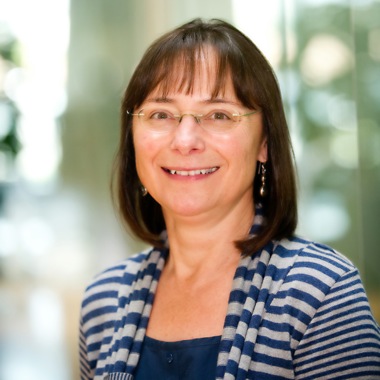
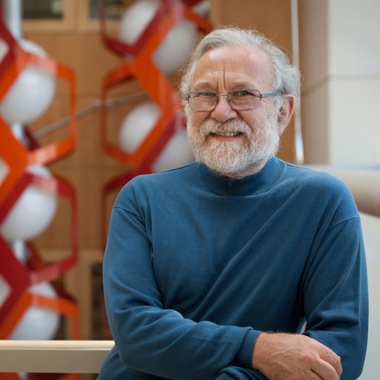
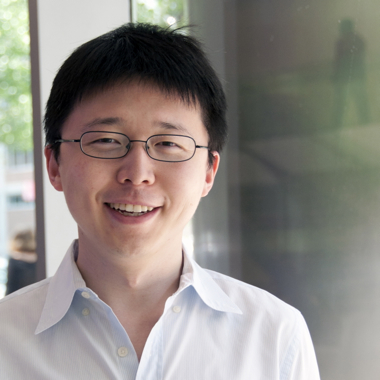
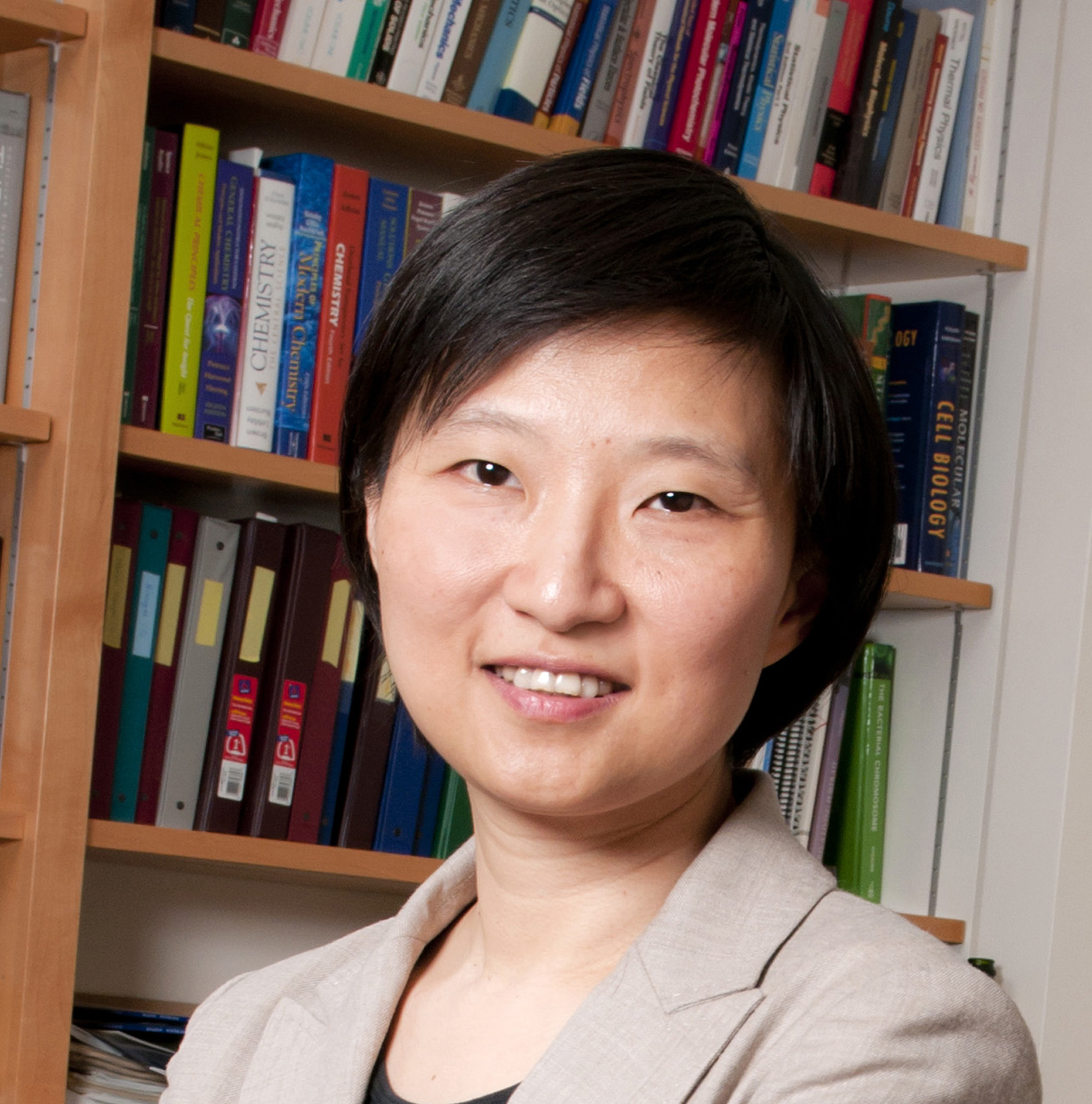
People in the News 2018
2018 has been a banner year for groundbreaking research and the recognition it deserves. Here are just a few of this year's highlights.
Bonnie Bassler (VVP 2015), Princeton’s Squibb Professor in Molecular Biology and an HHMI Investigator, received the Ernst Schering Prize in Berlin in September. Bassler discovered the universal use of chemical signaling between bacteria, revolutionizing the view of the microscopic organisms. The Schering Prize is one of the most prestigious German science awards. It is awarded annually to a scientist “whose pioneering basic research has yielded new, inspiring models or led to fundamental shifts in biomedical knowledge.” Earlier this year, Bassler received the Dickson Prize in Medicine.
Emmannuelle Charpentier (VVP appointed 2016), Director, Max Planck Institute for Infection Biology, Berlin, was among this year's Kavli Award winners. “For the invention of CRISPR-Cas9, a precise nanotool for editing DNA, causing a revolution in biology, agriculture, and medicine,” Charpentier shared the award with Jennifer A Doudna (University of California, Berkeley) and Virginijus Šikšnys (Vilnius University). In October, Charpentier also received the American Cancer Society's Medal of Honor. The Society's highest award, the Medal of Honor recognizes individuals who have made valuable contributions in the fight against cancer through basic research, clinical research or cancer control.
Sir Christopher Dobson (VVP 2016), Plummer Professor of Chemical and Structural Biology, University of Cambridge and Master of St John's College, Cambridge, was awarded a Knights Bachelor in the Queen's Birthday Honours 2018 tin recognition of his ground-breaking research into Alzheimer’s disease. Read more...
For her groundbreaking research on the biology of skin stem cells, Elaine Fuchs (VVP 2017), Lancefield Professor in Mammalian Cell Biology and Development at The Rockefeller University, was appointed to the Pontifical Academy of Science last May. Read more...
Wade Harper (VVP 2000), Bert and Natalie Vallee Professor of Molecular Pathology, Harvard Medical School, was elected to the American Academy of Arts and Sciences Class of 2018 for for exceptional scholarship in the field of biomedicine. Founded in 1780, the Academy recognizes and celebrates excellence by honoring scholars, leaders, artists, and innovators and engages them in sharing knowledge and addressing some of the most vexing challenges facing the world. Read more....
In March, biochemists Andrew Kruse (Vallee Scholar 2016) from Harvard Medical School and Aashish Manglik from the University of California, announced a faster, less expensive, and more reliable way to create a unique class of antibodies that allow scientists to determine the structures of otherwise impossible-to-study proteins in the body, understand how those proteins malfunction in disease, and design new drugs that act on them. “We found that the yeast-derived nanobodies can do everything llama-derived antibodies can,” Kruse said. “There’s a real need for something like this. It’s low-tech, it’s a low time investment, and it has a high likelihood of success for most proteins.” Read more...
Samantha Morris (Vallee Scholar 2017) and her team at Washington University School of Medicine in St. Louis designed a cellular tracking system that can give scientists a new view of how cells develop. This "flight data recorder" for cells could one day help scientists guide cells along the right paths to regenerate certain tissues or organs, or help researchers understand the wrong turns some cells might take on their way to becoming cancerous. Read more...
Dame Carol Robinson (VVP 2016), Dr Lee’s Professor of Chemistry at the University of Oxford, became President of the Royal Society of Chemistry at the beginning of the year. She is renowned for pioneering the use of mass spectrometry as an analytical tool and for her ground-breaking research into the 3D structure of proteins. She was also awarded an honorary doctorate by Ben Gurion University.
Brenda Schulman (VVP appointed 2017), Director Max Planck Institute of Biochemistry, Martinsried, is among the winners of this year's prestigious Leibniz Prize. Read more....
Listen to Nobel Laureate Phillip A Sharp (VVP appointed 2013), Institute Professor at MIT, discuss his own pursuits in science, from his past accomplishments to his vision for the future of biotechnology with Jenni Laidman, a freelance writer specializing in science and medicine. Listen here....
Carla Shatz (VVP 2017), the Sapp Family Provostial Professor, the David Starr Jordan Director of Stanford Bio-X and a professor of biology and of neurobiology at Stanford University, has been awarded the highest honor bestowed by the School of Medicine, the Dean’s Medal, which is presented to individuals whose contributions have significantly advanced the mission of Stanford Medicine. Read more... In February it was announced that she had won the Harvey Prize in Science and Technology.
Research led by Brandon Aubrey, Andreas Strasser (VVP 2016), (Harris Personal Chair in Experimental Biology), and Gemma Kelly together with Gordon Smyth and Yunshun Chen at Walter and Eliza Hall Institute in Melbourne has uncovered how tumour development is driven by mutations in the most important gene in preventing cancer, p53. Read more...
The 2018 Novozymes Prize was awarded to Gunnar von Heijne (VVP 2012), Professor of Theoretical Chemistry and Director of the Center for Biomembrane Research at Stockholm University, for his scientific breakthroughs in studies of membrane proteins. The Novozymes Prize aims to raise awareness of basic and applied biotechnology research and is awarded to recognize outstanding research or technology contributions that benefit the development of biotechnological science for innovative solutions. Read more...
Karen Vousden (VVP 2016), Chief Scientist, Cancer Research UK, and Group Leader at the Francis Crick Institute, was elected as a foreign member to the American Academy of Sciences last May. Read more...
One of the 2018 winners of the Breakthrough Prize in Life Sciences, Peter Walter (VVP 2016), Distinguished Professor of Biochemistry and Biophysics at University of California, San Francisco, and an HHMI investigator, was this year elected to the National Academy of Medicine. PLOS interviewed him on some of the broader issues surrounding his work and publishing in general earlier in the year. You can read the interview here.
For his work on the development of of CRISPR-Cas9-mediated genome engineering in cells and its application for medical science, Feng Zhang (Vallee Scholar 2013) was named one of the 2018 winners of the prestigious Keio Medical Science Prize. Zhang is the James and Patricia Poitras Professor of Neuroscience at MIT, an associate professor in MIT’s Departments of Brain and Cognitive Sciences and Biological Engineering, an investigator at the McGovern Institute for Brain Research, and a core member of the Broad Institute of MIT and Harvard. In May he was elected to the American Academy of Sciences and named an HHMI Investigator. Earlier this year he was awarded the Vilcek Prize for Creative Promise in Biomedical Science for his role in advancing optogenetics and developing molecular tools to edit the genome. The prize recognizes younger immigrants who have demonstrated exceptional promise early in their careers. You can watch his interview with Bill Whittaker on CBS's 60 Minutes from last April here.
Xiaowei Zhuang (VVP appointed 2017), the David B Arnold Jr Professor of Science and Harvard University and an HHMI investigator, is a 2019 Breakthrough Prize in Life Sciences winner in recognition of her pioneering work in the development of super-resolution microscopy techniques that have transformed research capabilities in fields from chemistry to biology to medicine.